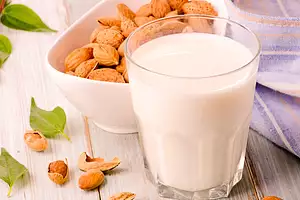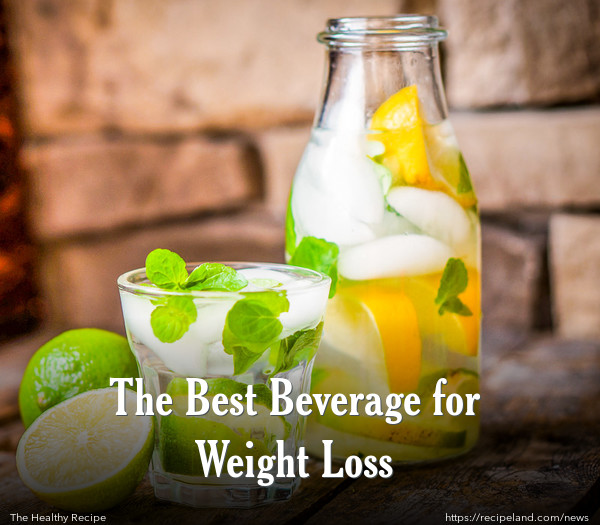Even if you are sticking to the proper number of calories and getting the nutrients you need, enjoying a diet soda with lunch instead of water may be causing your diet plans to plateau, and you will see less progress.
A recent study published in the American Journal of Clinical Nutrition found that obese or overweight women who consumed one glass of water after lunch every day for six months lost nearly 15% more weight than those who treated themselves to a diet soda after lunch.
This news should not come as a shock. There have been many studies recently showing the adverse health effects, particularly on weight loss efforts, of diet soda. Drinking only one can of diet soda per day can increase belly fat, which can lead to not only obesity but other health conditions, too.
Researchers are unsure about the correlation between diet soda and poor weight loss progress, but they do suspect it is related to the extreme sweetness that may cause us to have cravings for sweet, sugary treats. Diet soda may also be an appetite stimulant. It satisfies the need for something sweet, but provides no calories or nutritional substance, which could lead to hunger. Other researchers think that the correlation may be psychological, with people who drink diet soda thinking that they have earned some “free calories” at another time of the day.
It can be challenging to break the diet soda habit. Drinking water whenever you can will help to filter out toxins and chemicals. Lauren Harris-Pincus, RDN, owner of Nutrition Starring You, states, “If you are really trying to kick the diet soda habit, try diluting it with plain seltzer at a 1:1 ratio, then work your way down to seltzer only. You can also try seltzer with a splash of juice—you get to keep the bubbles and a bit of flavour, too.”
Regardless of what you are drinking, just remember that diet soda does not work as a weight loss tool or strategy. Stick to water for best results!









Comments
To be clear, low-calorie sweeteners and diet beverages have been extensively studied and reviewed over decades – and repeatedly determined safe for consumption and enjoyment. Moreover, contrary to some of the claims made in this piece, studies show that diet soda and low-calorie sweeteners can be a useful tool to reduce calories in order to lose or manage a person’s weight. For instance, a randomized clinical trial published in the American Journal of Clinical Nutrition concluded that those who consumed diet beverages in place of caloric ones consumed fewer calories than other control groups, including those who consumed only water: http://bit.ly/Ik4zjC. Of course, it takes more than one-calorie swap to lose weight. Balancing total calorie consumption with physical activity is certainly key and within our control. Whereas other factors that impact weight gain, such as genetics and age, are outside our control.
The major takeaway here? Low- and no-calorie sweeteners are absolutely safe and can be part of a balanced diet and overall weight management plan.